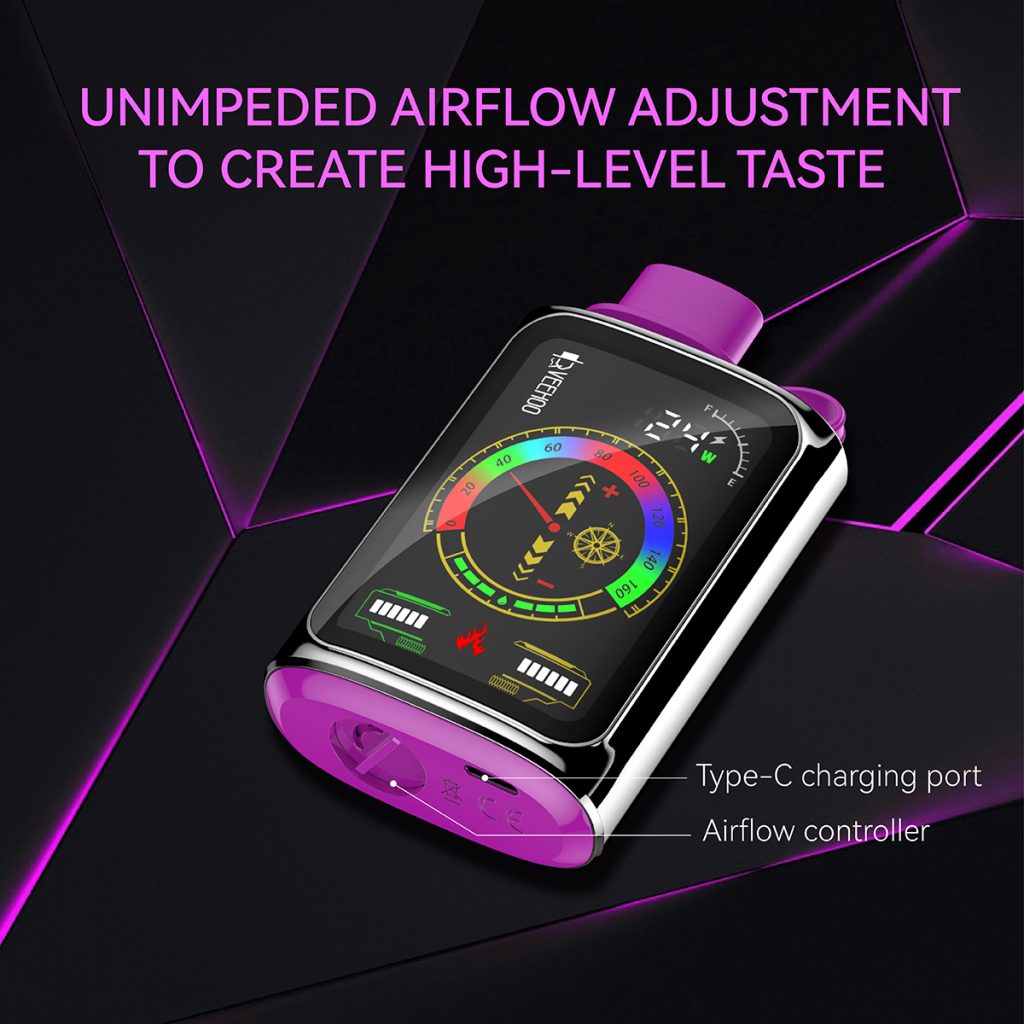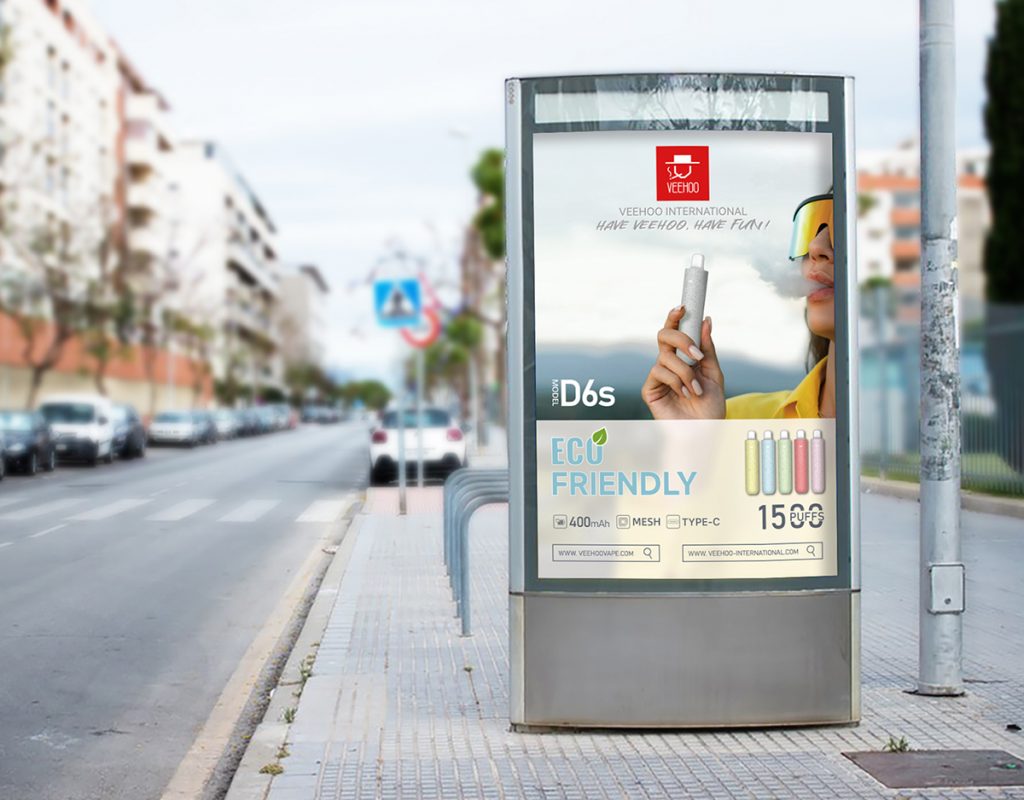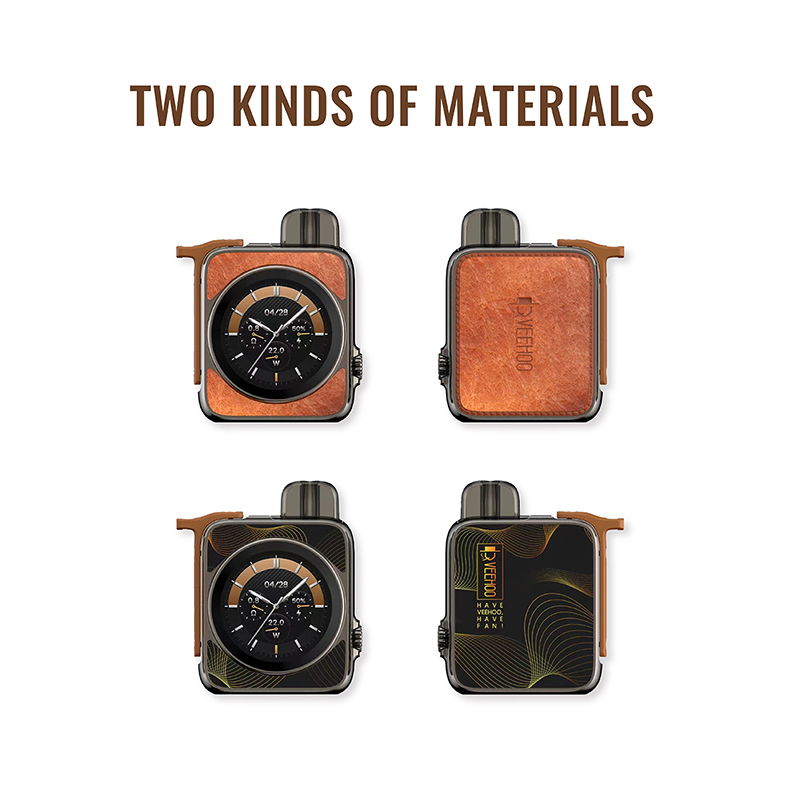According to Bernama, the Ministry of Health of Malaysia announced on November 4 that a total of 190 companies producing smoking products and vapes/steam cigarettes have registered their products with the Ministry of Health (MOH), including 147 vape companies.
Malaysian Health Minister Datuk Seri Zulkifli Ahmad said that in order to meet the requirements of the Public Health Smoking Products Control Act 2024 (Act 852) which came into effect on October 1 this year, specifically 30 cigarette companies, 4 cigar companies, 1 mini cigar company, 8 tobacco companies and 147 vape companies have registered their products.
In response to MPs’ suggestions to strengthen control over Malaysia’s vape industry, the Minister of Health said at a special meeting of the House of Representatives that “during the registration process, companies must submit complete details of smoking products, including material content and emissions generated. This is in line with Articles 9 and 10 of the World Health Organization’s Framework Convention on Tobacco Control, which emphasizes the importance of controlling smoking products. Any product that does not meet the specifications set out in the Act and related regulations will not be approved for sale.”

Zukifli also said that Act 852 also prohibits the sale of vape products packaged like toys or food because these products may attract children and teenagers. “All smoking products need to come with a box, and the box will be accompanied by a new health warning picture and website Jomquit.moh.gov.my to encourage smokers to quit smoking together.”
According to the vape export data released monthly by the General Administration of Customs of China, Malaysia has long been ranked among the top ten destinations for China’s vape exports, floating between fifth and seventh, and is one of the world’s major vape markets. From January to September 2024, China’s vape exports to Malaysia reached US$278 million, an average of more than US$30 million per month.
In the past three years, the Malaysian government has also collected RM183.1 million in taxes from vape products (including nicotine-containing and nicotine-free products), equivalent to RMB 300 million.

This pursuit of compliance is exactly what Veehoo vape has always been about, and it is committed to providing safe and reliable vape products. In addition to the registration and information disclosure required by regulations, Zukifi also pointed out other restrictions on vape products in the bill, such as prohibiting the sale of packaging similar to toys or food to avoid attracting children and teenagers to use. As a responsible brand, Veehoo vape will actively comply with these regulations to ensure that the packaging and marketing of products will not mislead consumers, especially young people.
In the vape market, Malaysia is one of the important export destinations and one of the main markets for China’s vape exports. As a brand that actively participates in the global market, Veehoo vape will continue to pay attention to regulatory trends in Malaysia and other countries to ensure the legality and safety of its products.

By working closely with relevant agencies, Veehoo will continue to be committed to providing high-quality products that meet regulatory standards while actively promoting the healthy development of the vape industry. In this industry full of challenges and opportunities, Veehoo will continue to provide consumers with safe and reliable vape options in a responsible manner.
Tags: 147 vape companies registered in Malaysia,Malaysia’s “Public Health Smoking Products Control Act 2024″,veehoo vape